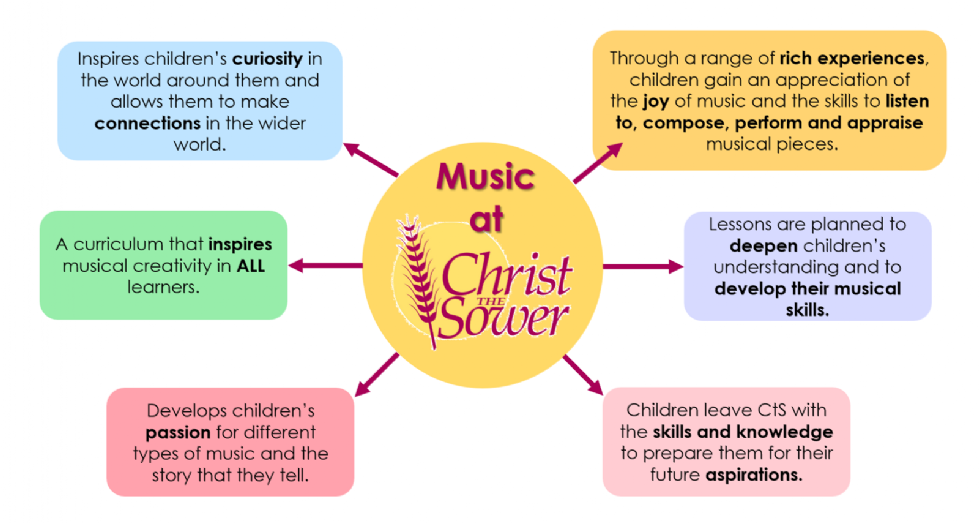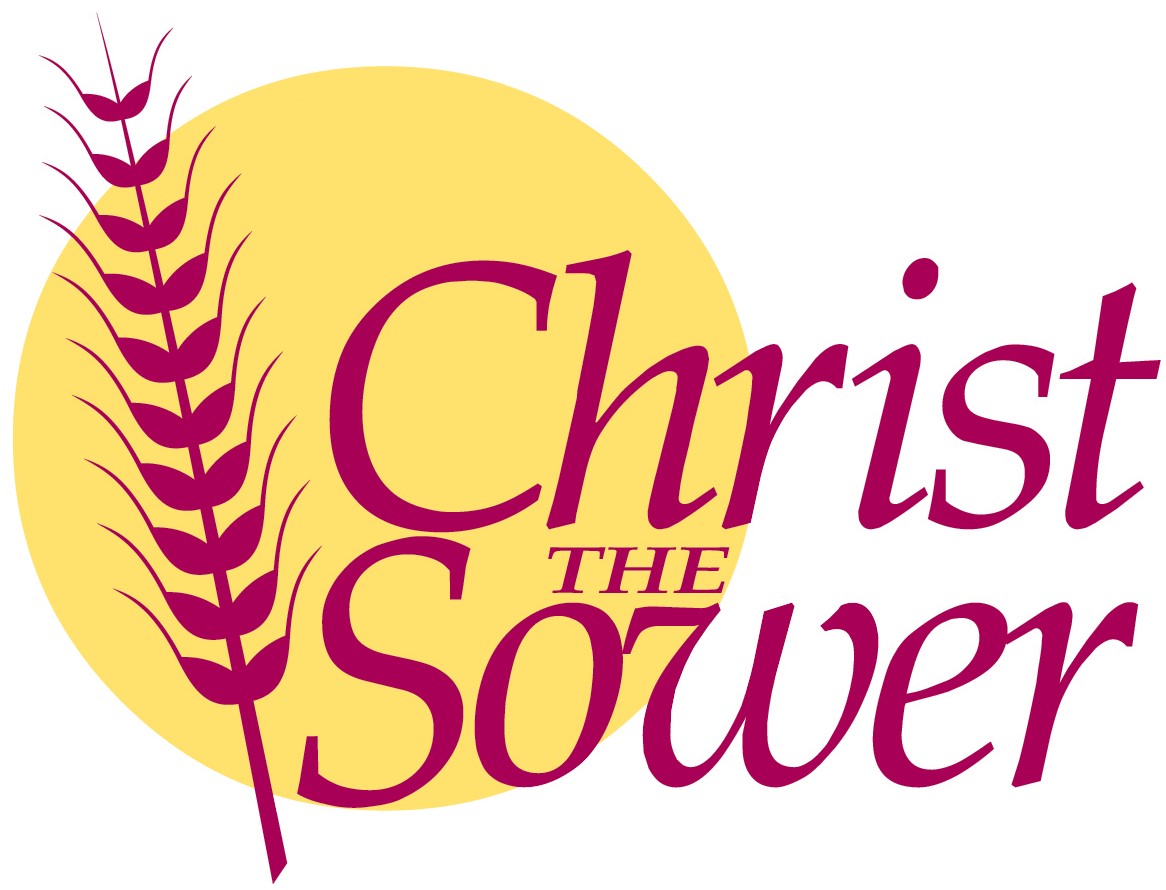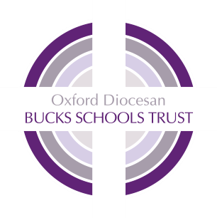Music
 Intent
Intent
At CtS we want the music lessons to be fun and inspiring, engaging the children with songs, lyrics and movement. We want the children to feel able, reflective and expressive, developing their own appreciation of music with the opportunities we provide as a school.
We intend for children to;
- Perform, listen to, review, and evaluate music across a range of historical periods, genres, styles and traditions, including the works of the great composers and musicians.
- Cultivate children’s personal expression, reflection and emotional development through music making.
- Develop an understanding and appreciation of the richness and diversity of world cultures, styles, times and periods.
- Learn to sing and use their voices. Have the opportunity to learn to play a musical instrument.
- Use technology appropriately
- Create and compose music on their own and with others.
- Understand and explore how music is created.
- To understand music terminology used and its effect on the genre of music.
- To build on previous learning from other year groups and understand the links between past and present learning.
We intend to develop a curiosity for the subject, as well as an understanding and acceptance of the validity and importance of all types of music. We are committed to ensuring children understand the value and importance of music in the wider community, and are able to use their musical skills, knowledge, and experiences to involve themselves in music, in a variety of different contexts.
Implementation
All children are actively encouraged and given the opportunity to learn to play a musical instrument, from standard classroom instruments to individual instrumental lessons with the visiting peripatetic staff. Musical opportunities in school include weekly class music lessons, Hymn practice during singing worship, visiting musicians, Christmas performances events, end of year concerts, and other opportunities to perform to the school and the wider community as they present themselves. The school also has a popular choir club which is keenly attended.
Opportunities for cross-curricular links are taken, wherever possible, to link music with other subject areas and learning themes. Through our music curriculum, children learn to sing together, appreciate and analyse a variety of musical pieces from throughout the eras and the world, play musical instruments with their peers, identify musical features in pieces and use this to compose, practise and perform their own pieces.
Charanga scheme is used as our base– it provides a broad curriculum with sequenced learning across each year group, as well as skill development tools for regular use. The curriculum has been developed by our Music lead, to ensure that it meets the needs of CTS pupils and our Curriculum Intent. Teachers deepen and extend the children’s understanding through our curriculum – it provides opportunities for more able pupils, and encourages curiosity and stimulates interest. Scaffolding is clear in planning and resources and tasks – all pupils are expected to aspire highly and achieve their potential
As we have adapted Charanga to meet the needs of our children, we have included many examples of music styles and genres from different times and places. These are explored through the language of music via active listening, performing and composing activities, which enable understanding of the context and genre.
We provide a classroom-based, participatory and inclusive approach to music learning. Throughout the curriculum lessons, children are actively involved in using and developing their singing voices, using body percussion and whole body actions, and learning to handle and play classroom instruments effectively to create and express their own and others’ music. Through a range of whole class, group and individual activities, children have opportunities to explore sounds, listen actively, compose and perform.
We also offer our children a rich cultural experience and range of musical styles and learning that is an integral part of our CtS Cultural Curriculum.
Impact
Over their time at CTSm pupils will have developed their knowledge, skills and understanding of the inter-related dimensions of music. They will have developed their composition and listening appraising skills. Pupils will have been equipped with musical skills and knowledge that will enable them to be ready for the curriculum at Key Stage 3 and for life as an adult in the wider world.
If successful, we will have inspired our pupils to develop a passion for music and to develop the aspiration to pursue a career in the field themselves.
Bromcom is used to record the progress that pupils are making in terms of knowing more, remembering more and being able to do more at the end of each term. These termly judgements will be made using first-hand evidence of how pupils are progressing, drawing together evidence from pupil interviews, observations of performances, work scrutinies along with discussions with pupils about what they have remembered about the content they have studied. These judgements will inform the curriculum and whether children are ready for the next stage of their education.

